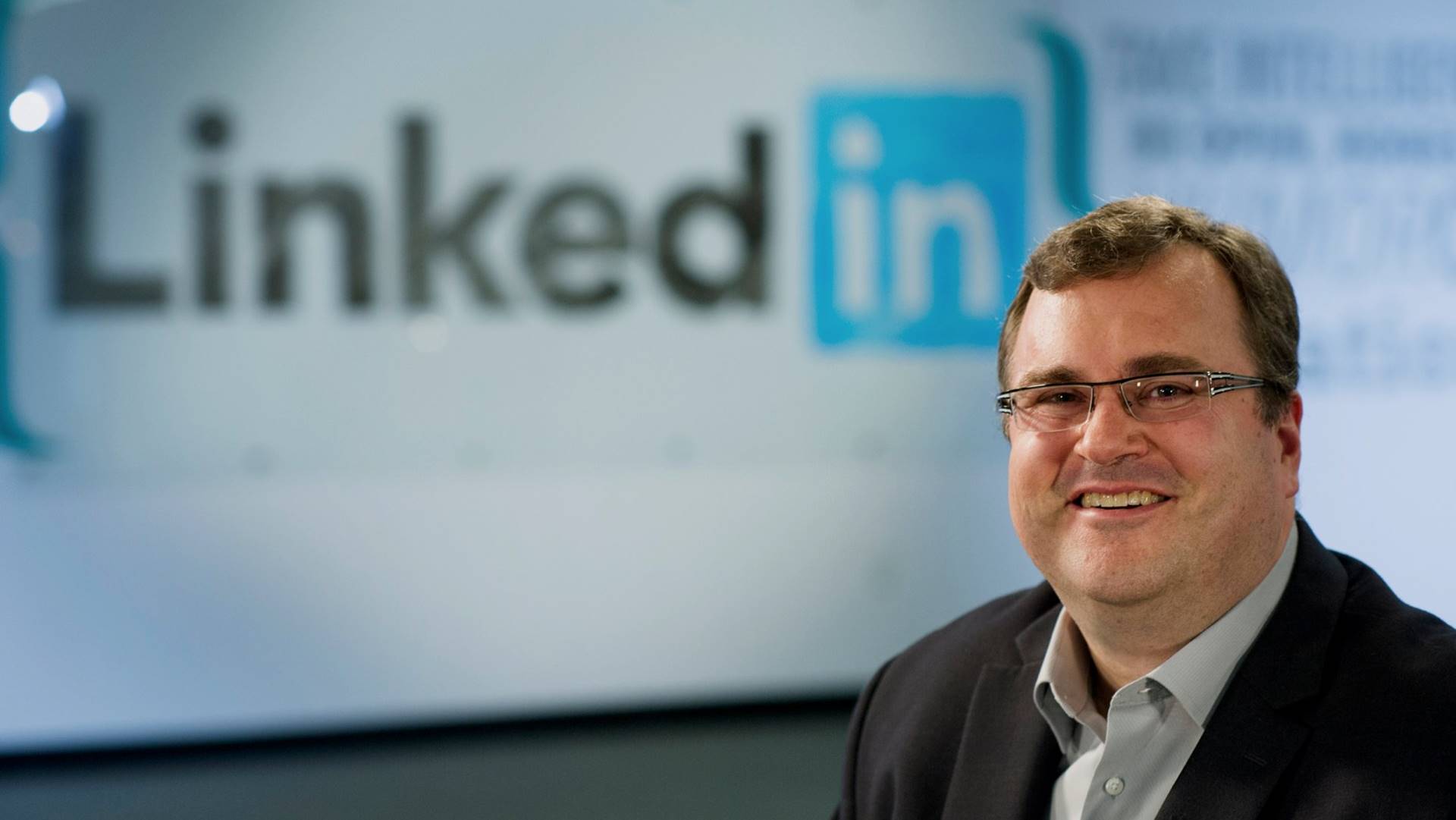The Silicon Valley legend talked about the road to fast growth and the land mines along the way

“You can’t anticipate everything. You can’t prep for everything,” said LinkedIn co-founder and former CEO Reid Hoffman during an interview Thursday at the 2021 Inc. 5000 Vision Conference. Entrepreneurship, he adds, is like “running really fast through the fog,” so the best thing you can do is equip yourself with learned wisdom from others who have been down the path before you.
Hoffman, who today is a partner at the venture capital firm Greylock, has had a hand in many fast-growth companies that have achieved enormous scale. In addition to LinkedIn, he was a top executive at PayPal, along with Peter Thiel, Elon Musk, and others who’ve gone on to become household names. And he’s been an investor in Facebook and Airbnb, among others.
Hoffman also is a three-time bestselling author whose newest book, Masters of Scale: Surprising Truths From the World’s Most Successful Entrepreneurs, which he co-wrote with June Cohen and Deron Triff, builds on the success of their podcast by the same name.
Both the podcast and the book feature stories and lessons are drawn from deep interviews with dozens of famous founders, along with tales from Hoffman’s own career. In short: Few people understand the art of scaling a business better than Hoffman.
In his conference appearance, Hoffman highlighted a few of the top takeaways from the new book and discussed the ethics of Silicon Valley-style Blitzscaling at a moment when the type of tech giants he has helped create have come under increasing scrutiny.
Tesla CEO Elon Musk give a miss to the quarterly ritual of talking to Wall Street
Beware unintended consequences
One of the most memorable moments of Hoffman’s presentation came when he addressed the ethical complications that can come when scaling as quickly as possible brings unintended consequences. Especially as a growing organization moves “from single-threaded to multi-threaded,” Hoffman says, it can be hard as a leader to both maintain the speed to scale and keep on top of all the new threads–let alone anticipate all potential scenarios.
He recommends hiring “somebody whose responsibility is to say, ‘What could possibly go wrong? What would have the wrong impact with our customers or with society, and what are the things we could do now to prep against it?'” Nothing is fail-safe, he cautions, but the more you think ahead, the more nimbly you can respond when necessary–“because if things start going wrong at scale, that can be even more challenging.”
Alibaba shares surge nearly 7% after Jack Ma appears in Europe and company releases new chip
Let some fires burn
As Hoffman knows well, running a fast-growth company can feel like an exercise in constant crisis management. Rather than trying to put out every fire immediately, he advises, establishing a triage system that allows you to, in his words, “let some fires burn.” An entrepreneur should ask herself a series of questions: “Which thing is most likely to kill us first, or limit our scale? Which thing, if we don’t start now, won’t be controllable later?”
The answers aren’t always obvious, he points out–some fires, though harder to control later, will be manageable because you’ll have more resources as you grow. “Generally speaking, you have a limited amount of resources to focus on some fires,” he says. “If you try to do them all at the same time, maybe you won’t get any of them sufficiently.”
Bill Gates, Elon Musk, and 4 other business leaders on the best lessons they learned from Steve Jobs
It all comes back to the mission
It’s not enough, Hoffman says, for your company to provide jobs or for people to love your product. “Those are important things, true, but sometimes your product might be questionable–like cigarettes.” So you should also ask, “Why is society better with your product in it?”–and invest in growing that direction. That isn’t anti-business, he adds, it’s long-term brand building. It builds cohesion and clarifies decision-making in the company. It’s great for attracting talent. “It can be great capitalism. I think it’s really fundamental to great entrepreneurship and helps through the entire company,” he says.
Napomena o autorskim pravima: Dozvoljeno preuzimanje sadržaja isključivo uz navođenje linka prema stranici našeg portala sa koje je sadržaj preuzet. Stavovi izraženi u ovom tekstu autorovi su i ne odražavaju nužno uredničku politiku The Balkantimes Press.
Copyright Notice: It is allowed to download the content only by providing a link to the page of our portal from which the content was downloaded. The views expressed in this text are those of the authors and do not necessarily reflect the editorial policies of The Balkantimes Press.
